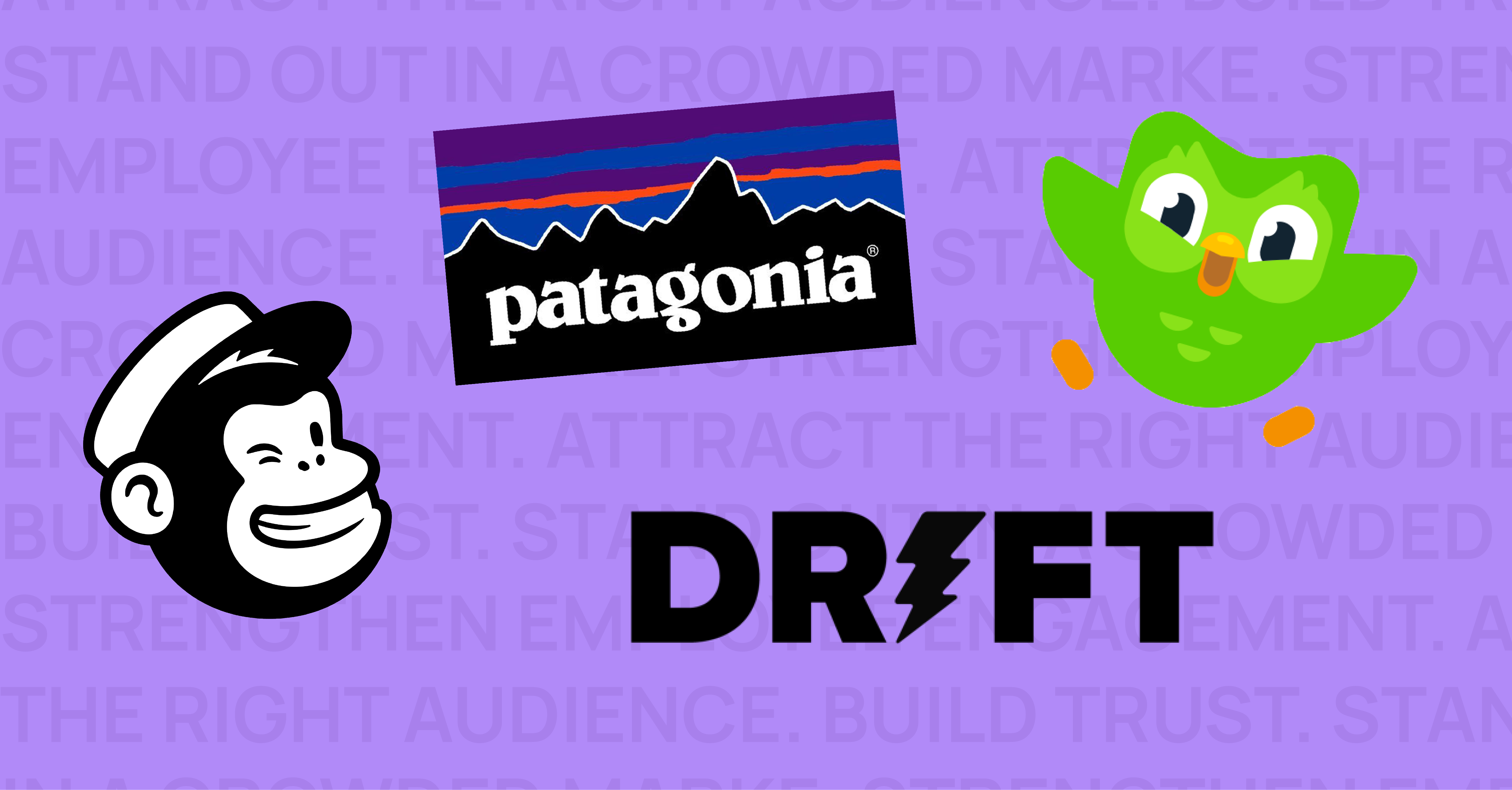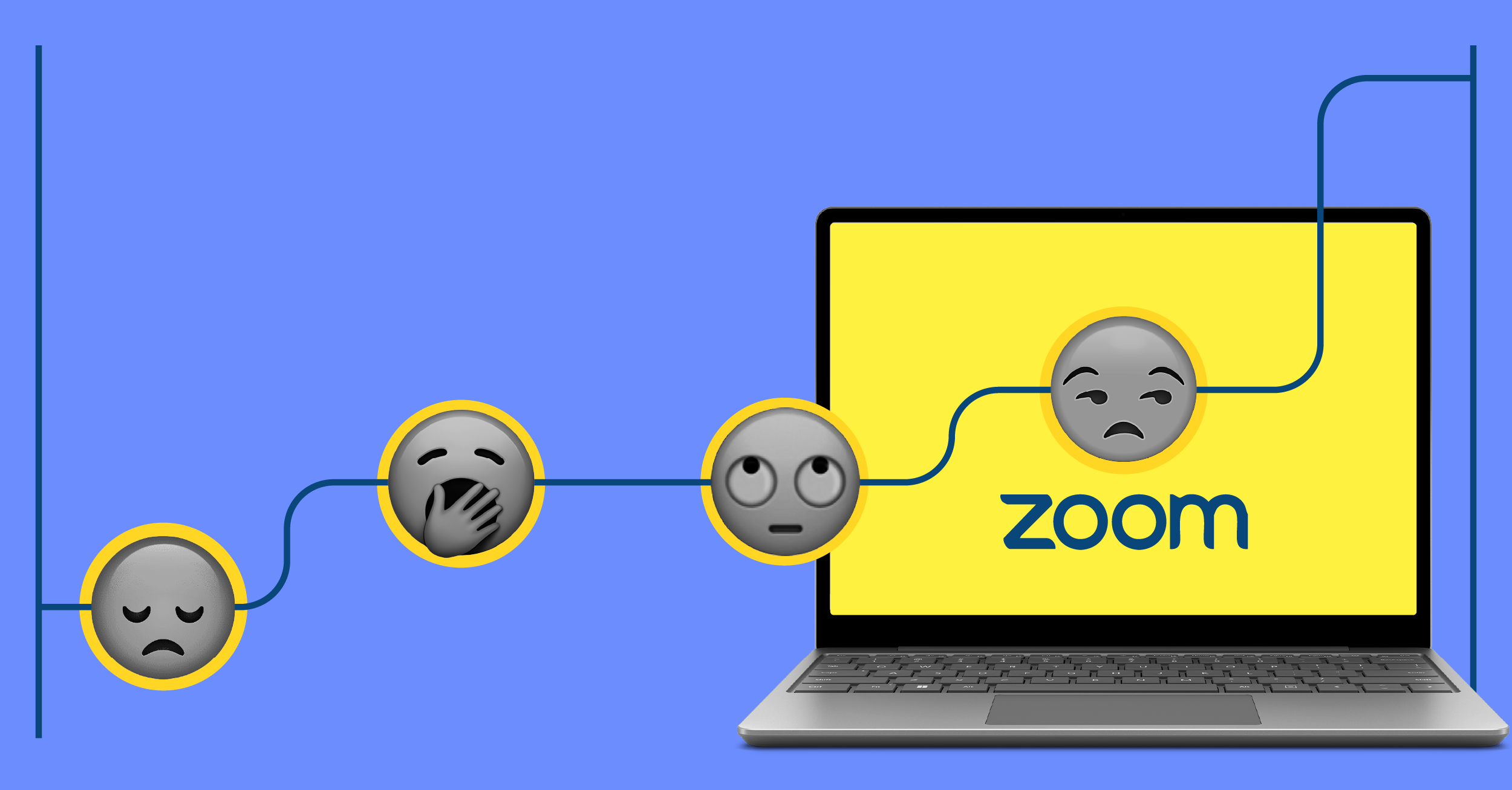Whether you’re looking to get your daily dose of news, expand your breadth of historical knowledge, or master a new language, there’s a podcast for you.
As a result, podcasts have attracted communities across all hobbies and interests, prompting the medium’s rapid growth over the past decade. From 2013 to 2023, the United States saw a 250% increase in podcast listeners, and in 2024, 59% of digital audio users reported listening to at least one podcast per month. Unsurprisingly, the medium’s marketing potential was quickly recognized by marketers, and podcasts were introduced as the newest tool in the marketing mix.
B2B companies are among the most recent to utilize this marketing tactic, and for good reason. More than half of business owners and founders are daily podcast listeners, making podcasts an ideal channel to reach key B2B decision-makers and influencers. In addition to audience compatibility, podcasts are a valuable tool for companies looking to build brand awareness, grow customer loyalty, establish thought leadership, and generate leads.
Build Brand Awareness
Compared to written mediums, podcasts don’t require visual attention and can be listened to while participating in day-to-day activities, such as commuting to work, exercising, or cooking. Due to their increased accessibility, podcasts have a wider reach than traditional marketing channels such as email and print – a critical component for companies looking to build brand awareness. In addition, podcasts, which tend to be topic-specific, can engage listeners by discussing relevant industry challenges and delivering valuable insights beyond a business’s product or service. When a company thought leader discusses an industry topic or audience pain point, you can engage with a new subset of your target audience: individuals who may not be on LinkedIn or may not have been on your company’s radar.
Grow Customer Loyalty
By transcending written communication, podcasts associate a voice and a personality with the brand, enabling listeners to forge a genuine emotional connection with the company and its people. This emotional bond can foster brand loyalty and trust, and ultimately can increase the likelihood of converting listeners into customers. Research conducted by BBC Global News found that corporate podcasts increased brand favorability by 24%, brand consideration by 57%, and purchase intent by 14%. A loyal customer base is also more likely to recommend a company to its peers and is associated with a higher retention rate.
Once you’ve determined your podcast host, you can leverage their persona through other marketing tactics. For example, with middle-of-the-funnel email marketing, shifting the email sender from the general company email address to a specific team member can create the illusion of more personal communication and sincere messaging. Strengthening the connection between the sender and the recipient will enhance the relationship with your company.
Establish Thought Leadership
Being recognized as a thought leader enhances a company’s reputation and, in turn, attracts a highly engaged audience. Podcasts allow businesses to establish expertise and credibility in their field by engaging in interviews with industry leaders and knowledge sharing. By educating your audience, you’re able to illustrate the ongoing challenges and problems in the industry that your product or service solves. Providing this context gives listeners a more cohesive understanding of the value of your company’s offerings. Depicting the podcast host and your business as an industry authority can increase the trust and credibility of your products and services.
Podcasts can also be transformed into other marketing materials to disperse across different channels to support your position as a thought leader. Episode topics can be translated into blog posts, block quotes or audio clips can be shared on social, and an overview of past episodes can be featured in newsletters (content is king, after all). For example, Madaket Health, a revenue cycle management automation leader, repurposes content from its recently released podcast, “The Edge of Healthcare,” on social media and on its website. This content helps promote the podcast and reinforces the thought leadership role of the podcast’s host, Martin Cody.
Generate Meaningful Conversions
Adding podcasts to the marketing toolbox offers another channel to disseminate calls to action. In addition to developing an authentic industry voice, podcasts provide another method of integrating messages that urge listeners to engage with your content. Businesses can also use podcasts as a sales tool. Rather than cold-communicating with prospective customers, podcast sharing can help captivate their attention and generate a native sales conversation. Sales representatives can also point to the podcast archive as a one-stop shop for in-depth answers to frequently asked questions. As a result, podcasts provide additional opportunities to drive traffic to your company website, generate more form fills, grow your social media following across platforms, and ultimately expand your customer network.
So, Should You Start a Podcast?
While B2B podcasting has powerful benefits, there is no one-size-fits-all answer to whether your company should jump right into podcasting or not. Starting a podcast is no simple feat and requires significant time, preparation, and resources. But if you’re curious about pursuing B2B podcasting, one way to dip your toes into the podcast waters is to join as a guest on other podcasts. As a guest, you can practice verbal communication and active listening and begin to build yourself up to hosting your own podcast. Participating as a guest can also help expand your network, build brand awareness with new audiences, pave your foundation as a thought leader, and provide content to utilize on your own marketing channels.
So, whether you’re ready to start on your own or want to start slowly, B2B podcasts can be an effective marketing tool to help you achieve your marketing goals.
Interested in seeing where podcasting can fit into your current marketing strategy? We’re happy to help



